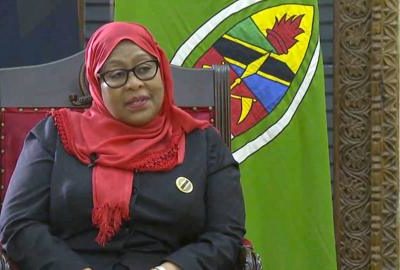By Oluwatobi Opusunju
The Nigerian Communications Commission (NCC) is considering new strategies to deepen the level of competition among telecoms companies in order to spur innovative services in the sector. This was disclosed this week at a stakeholders’ forum on Study on Level of Competition in the Nigerian Telecommunication Industry organized by the commission in Lagos.
Unarguably one of the fastest growing market in sub-Saharan Africa, the Nigerian telecommunications sector has recorded successes in leaps and bounds, from about 400,000 active lines in 2001 to over144 million functional lines recorded in Q4 of 2017.
The successes recorded so far in the sector can be attributed to the regulatory intervention of the NCC, which has been able to suppress monopoly and create a level playing ground for operators through healthy competition. This has also helped to engender stability in the sector as well as protect the interest of subscribers, for example: Glo’s introduction of per second billing in 2003 after years of a per-minute billing system among others.
The Executive Vice Chairman (EVC) of the NCC, Prof. Umar Danbatta at the forum noted that the commission in the exercise of its regulatory functions as provided for in the Nigerian Communication Act (NCA) of 2003, engaged a consultant, KPMG Professional Services to conduct a Study on the Assessment of the Level of Competition in the Nigerian Telecommunications Industry in 2013.
He said the outcome of that assessment resulted in the definition of relevant market segments and a determination of dominance in some of those market segments.
Danbatta who was represented by the Director of Policy Competition & Economic Analysis, NCC Josephine Amuwa further stated that following the successes realized in the 2013 assessment, it became necessary to conduct another assessment of the competition in the market
Objective of study
“The objective of this study is to provide current insight into the level of competition in the telecommunications market and articulate strategies/ recommendations to enhance opportunities in the market and to ensure that competition is deepened for innovative services,” the EVC noted.
According to a statement by NCC, the study will enable the commission to evaluate the current level of competition within the various market segments of the telecoms industry as well as identify the factors determining the degree of competition, with a focus on the degree of rivalry in the sector.
Through the study, the commission will also be able to evaluate its interventions towards deepening competition and identify areas that require improvements and benchmark these practices against international standards and good practices. It will also help in identifying indicators for evaluating the level of competition in the various telecoms market segments identified.
Additionally, the commission will be able to identify any existing/plausible agreements, arrangements and practices amongst different licensees which constitute anti-competitive conduct, anti-competitive patterns and propose effective measure to address them.
It will also help the commission determine dominance if any and propose obligations to be imposed on dominant operators in any market segment where such is determined to exist.































